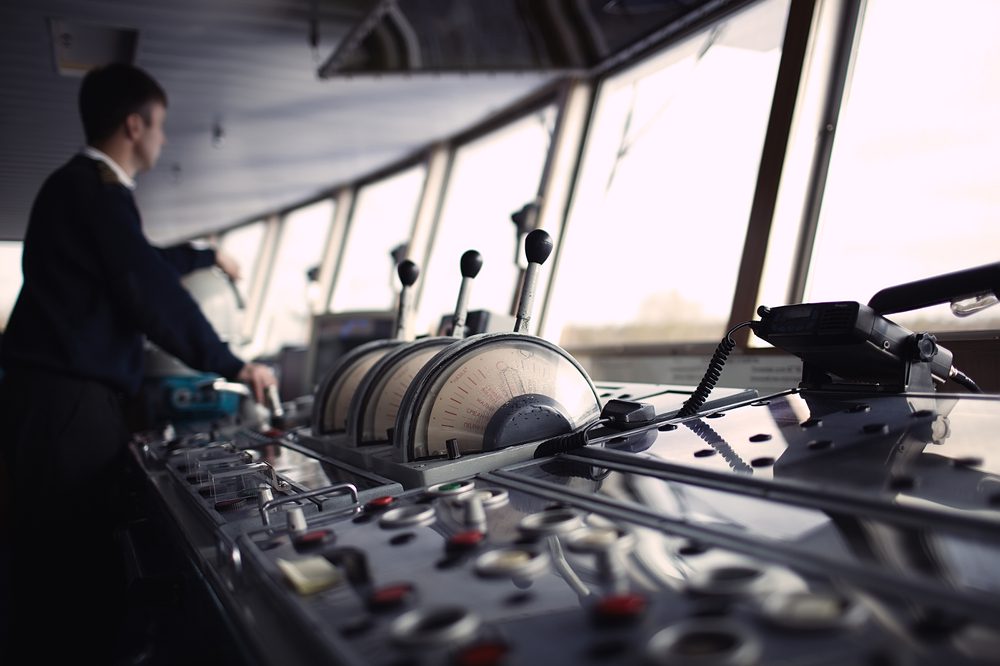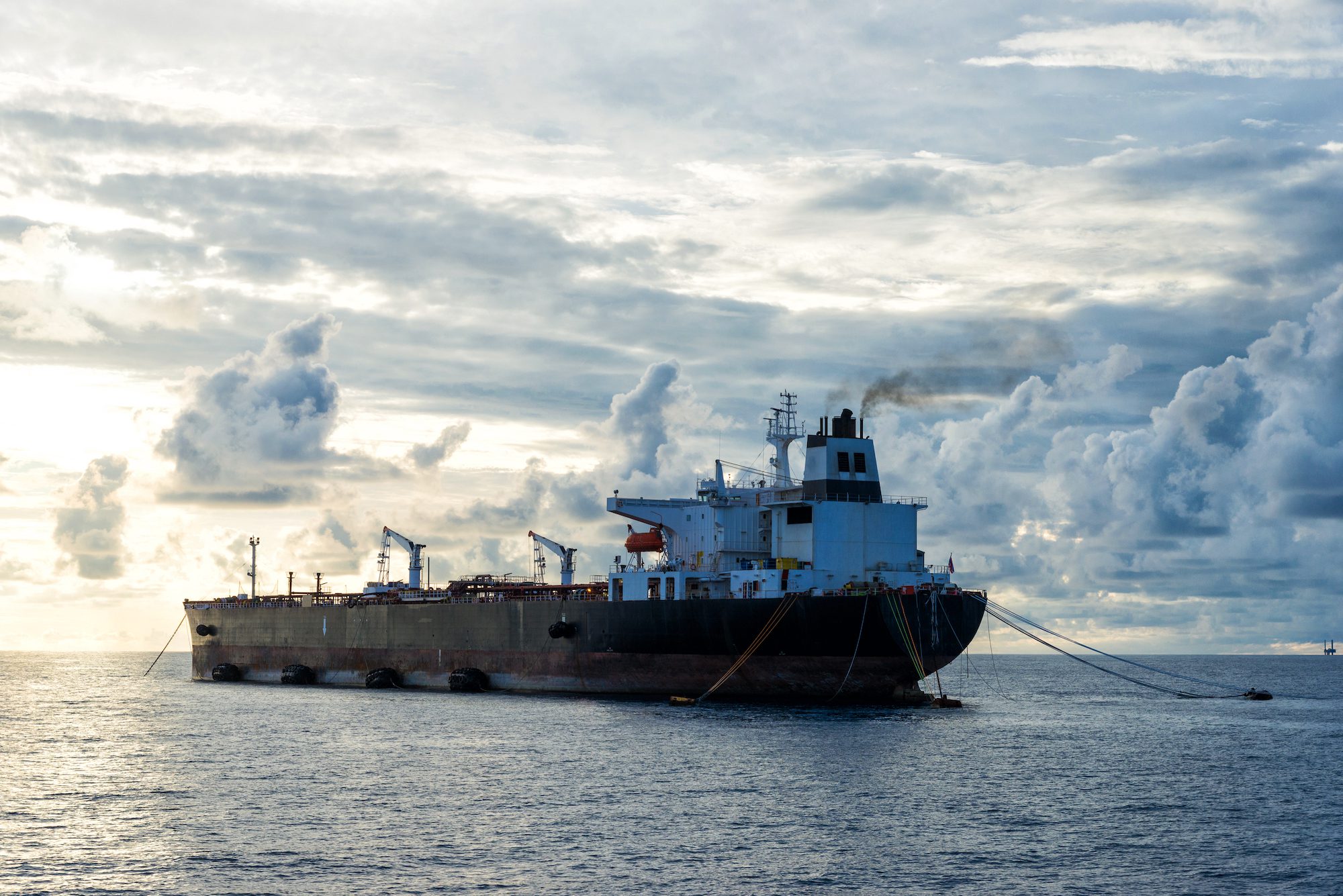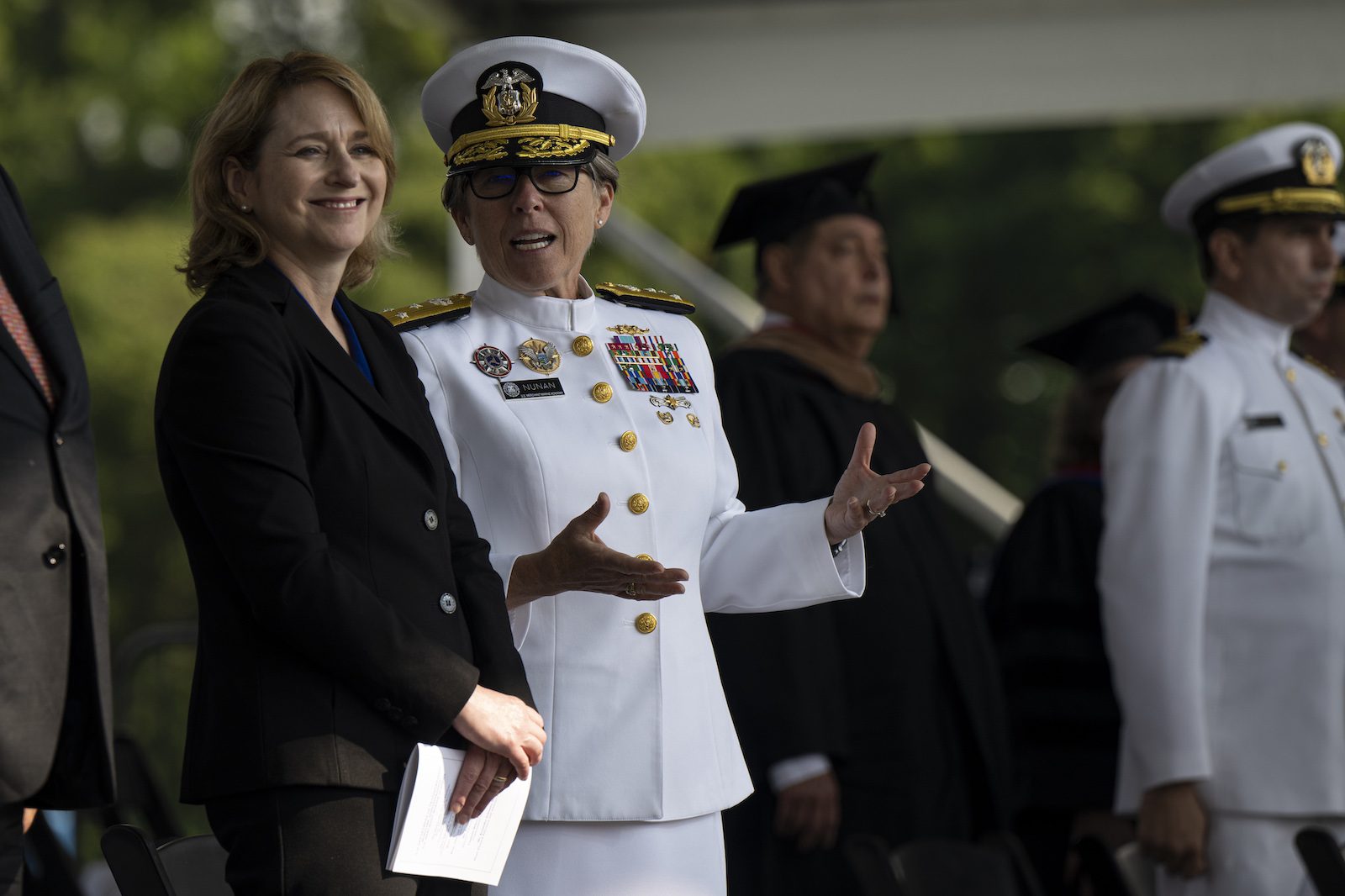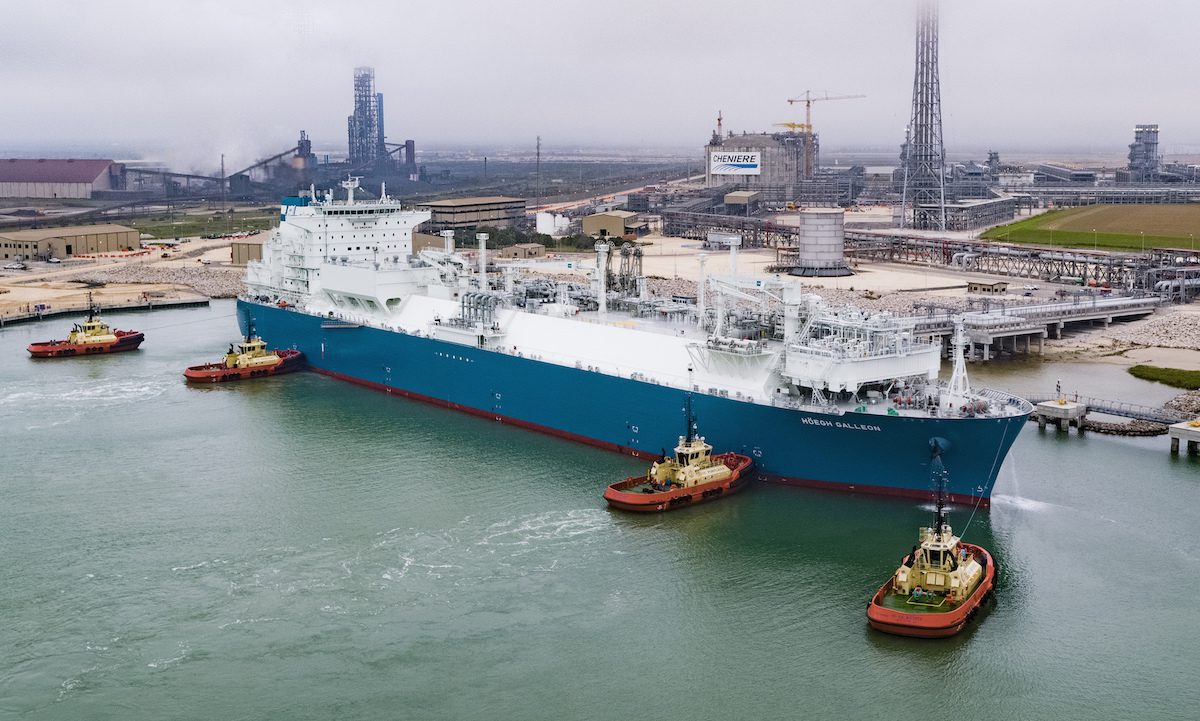This essay by the President of the MM&P union addresses gCaptain’s editorial about the current aversion of US maritime unions towards strikes for wage hikes and job security in light of recent advocacy to welcome foreign labor aboard American ships. In our commitment to balanced reporting, the union Presidents were invited to share their perspectives. You can read the original editorial by John Konrad HERE and MEBA’s response HERE
By Don Marcus, President of International Organization of Masters, Mates & Pilots (MM&P),
Lost in the recent debate in gCaptain about the shortage of qualified American mariners is the reality that life at sea has become increasingly austere and isolating. The wage and benefit differential between a career at sea and one ashore is a thing of the past for licensed and unlicensed mariners alike. When an AB can earn as much working at the local Walgreens as he or she can receive when employed aboard ship and be home every night, the choice to go to sea is limited to a much smaller pool of individuals. There was a time when a ship’s master or chief engineer earned pay commensurate with airline pilots and marine pilots. That is no longer the case.
However, as has been pointed out by many, the issue is more complex than simply wages and benefits. Quality of life, respect and working conditions are a large part of the disincentive to embark upon or to continue a career at sea. Reduced crews, workload and the resulting stress and fatigue make senior officers exit their careers at the first opportunity and discourage aspiring officers from pursuing their careers. Increased instances of suicide and mental illness aboard ship are the documented results. Modern communications, rather than easing the workload at sea, have reduced ships officers to the status of disposable utensils managed by personnel ashore with a fraction of the experience required to adequately understand and support seagoing officers.
All industry leaders know that internet connectivity is a basic need aboard ship for all mariners. Yet, while shoreside management is in relentless communication with its senior officers aboard ship, many of these same employers steadfastly refuse to provide their crews with the internet capabilities they need. None of this, unsatisfactory wages, benefits, shipboard working and living conditions and length of seagoing tours of duty come as a surprise to any maritime employer, foreign or domestic.
What holds true for American mariners is equally true for those from the UK, Scandinavia or elsewhere in Western Europe, Japan or traditional first world maritime countries. The solutions, of course, cost money. Money not just for wages and benefits, but to create attractive and rewarding workplaces at sea. The quality-of-life aboard ship extends not just to internet connectivity, it includes first-rate quarters, food, recreational facilities, adequate rest periods, shore leave, family accompaniment during voyages at sea, and shorter tours of duty.
Rather than deal with this reality, maritime employers around the world are doing what they have always done: seek out lower cost labor wherever it might be found. Hence, the Flag of Convenience system was developed shortly after the Seamen’s Act of 1915, which protected seamen’s rights and conditions at a cost to U.S. flag employers! For the same reason, aboard national flag vessels today like those of the UK, the Netherlands and France one might find only one or two citizens of the flag state of registry. Non-citizen, non-domiciled mariners have become the standard aboard these “national flag” vessels.
Therefore, we should not be surprised that opportunists such as the former Crowley Maritime official at the Hudson Institute are advocating for a second registry, or that the person who runs an FOC registry and fly-by-night training school in Massachusetts is advocating for a U.S. Virgin Islands second registry. Nor, more recently, is it any surprise that the CEO of an American flag tanker company that is closely connected to one of the largest U.S. owned Flag of Convenience tanker companies in the country and who is in the midst of fighting a Union organizing drive in its U.S. fleet wants to source foreign labor.
A young person today has good reason to balk at a career at sea when the terms and conditions of employment are inferior to what can be had ashore, and when the national flag industry itself is under constant attack. The time horizon for a secure career at sea under the U.S. flag rarely exceeds ten years – the duration of the Maritime Security Program, when and if renewed by Congress! Without a national maritime policy supported by Congress and extending to training, shipbuilding, tax and cargo incentives, and bilateral trade agreements connected to the economic as well as the military needs of our country, this crewing “crisis” will continue.
The irony is that a little over a month ago, for the first time on Veterans Day, a U.S. Merchant Marine contingent was allowed to join the annual presidential wreath laying ceremony in Arlington, Virginia. Con-men, opportunists and corporate greed will not bring down the U.S. merchant marine any more than the torpedoes of WWII. The U.S flag will remain the U.S. flag and U.S. citizen mariners will continue to crew our ships. Maritime labor will not be giving up the ship.

 Join The Club
Join The Club











